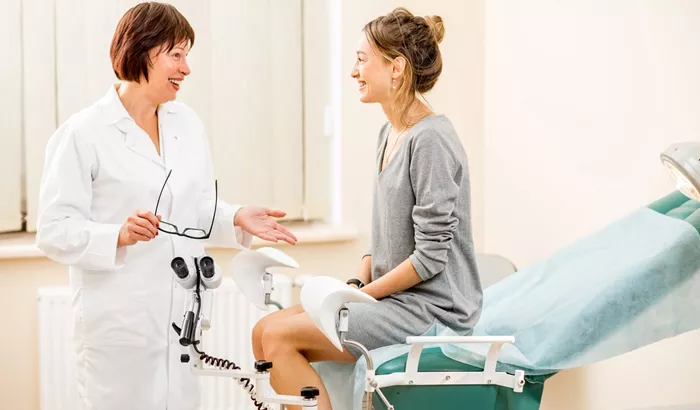Starting next month, women in England aged 25 to 49 will no longer need a cervical screening test (commonly known as a smear or Pap test) every three years—if their last result was clear of HPV, the virus that causes most cervical cancers. Instead, they’ll be offered screening every five years, a change backed by top health experts and rooted in strong scientific research.
This updated guidance comes from the Joint Committee on Vaccination and Immunisation (JCVI) and is supported by the UK National Screening Committee. It’s based on years of data showing that if a woman tests negative for high-risk HPV, her risk of developing cervical cancer within five years is extremely low.
HPV (human papillomavirus) is the leading cause of nearly all cervical cancer cases. If HPV is not found in the body, there’s very little chance abnormal cells will develop or turn cancerous. That’s why the NHS is now making the move to give more time between tests—for women who don’t need them as often.
Fewer Appointments, Same Safety
Dr. Sue Mann, NHS national clinical director for women’s health, called the move a “personalised approach” to care. “This is about giving women the protection they need while avoiding unnecessary appointments,” she said. “We want to make screening easier and less stressful, while still saving lives.”
Michelle Mitchell, CEO of Cancer Research UK, welcomed the change, calling it “a step forward in smarter prevention.” Thanks to the combined power of HPV screening and widespread HPV vaccination for younger generations, cervical cancer rates in the UK have dropped by around 25% since the early 1990s.
The five-year interval is already standard for women aged 50 to 64. Now, younger women will follow the same model—but only if they test negative for HPV.
Science Backs the Safety
This isn’t about cutting corners—it’s about following the evidence. Long-term studies show that when high-risk HPV is not detected, the chance of developing serious cell changes within the next five years is extremely low.
Extending the time between screenings helps reduce unnecessary procedures and anxiety. It also allows the health system to focus resources on those who do need further checks or treatment.
Why This Matters
Cervical cancer still claims two lives every day in the UK. Tragic cases, like that of TV personality Jade Goody—who died from the disease at age 27—highlight why screening remains critical. But now, it can be done in a way that’s more efficient, less invasive, and just as effective.
For women, this change means less stress, fewer stirrups, and the same peace of mind.


